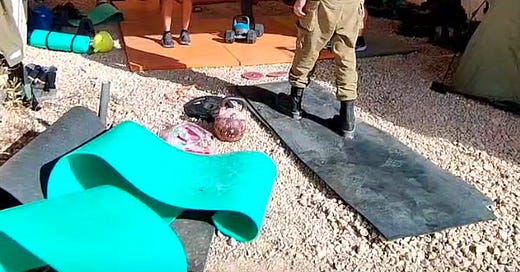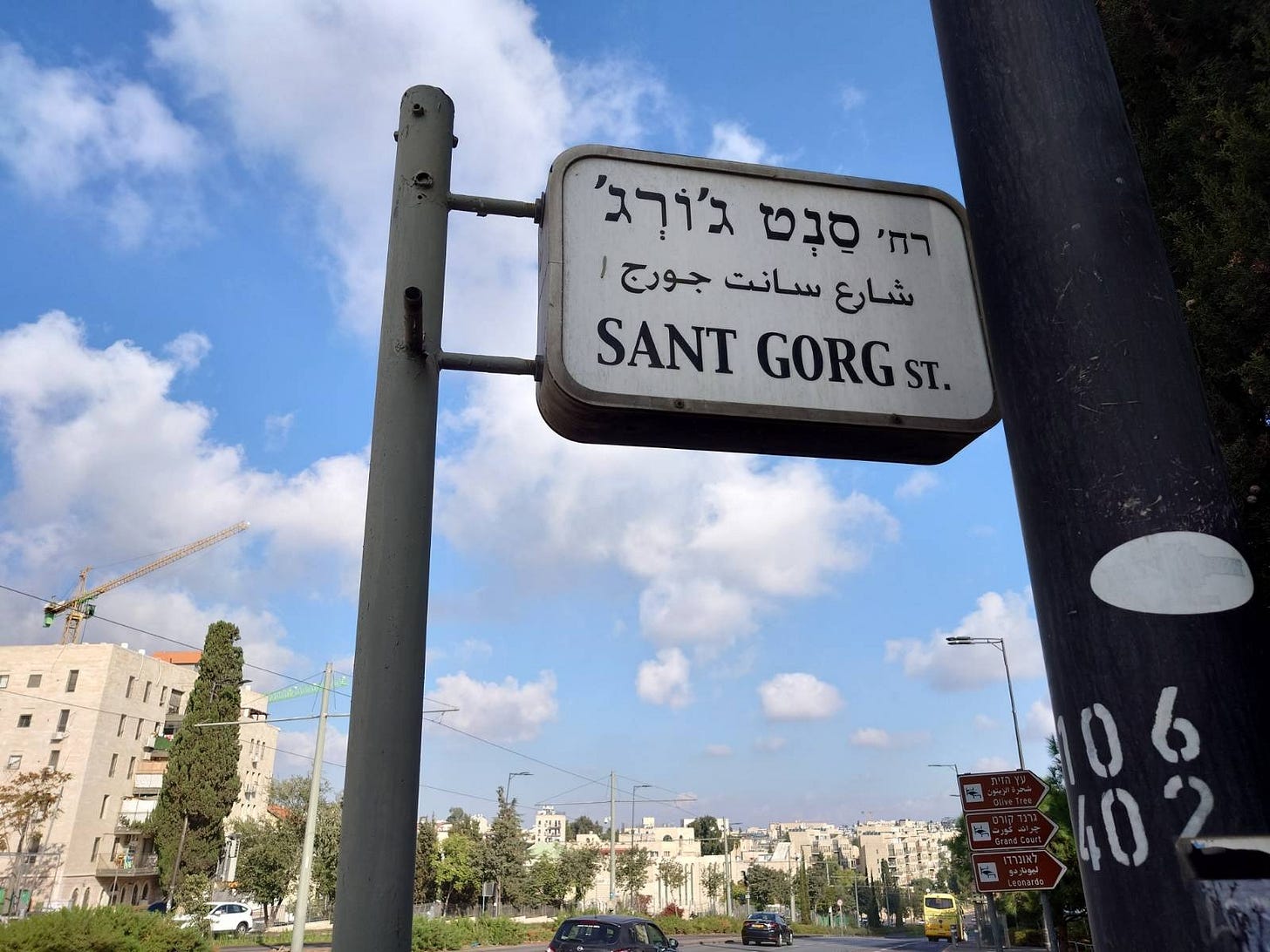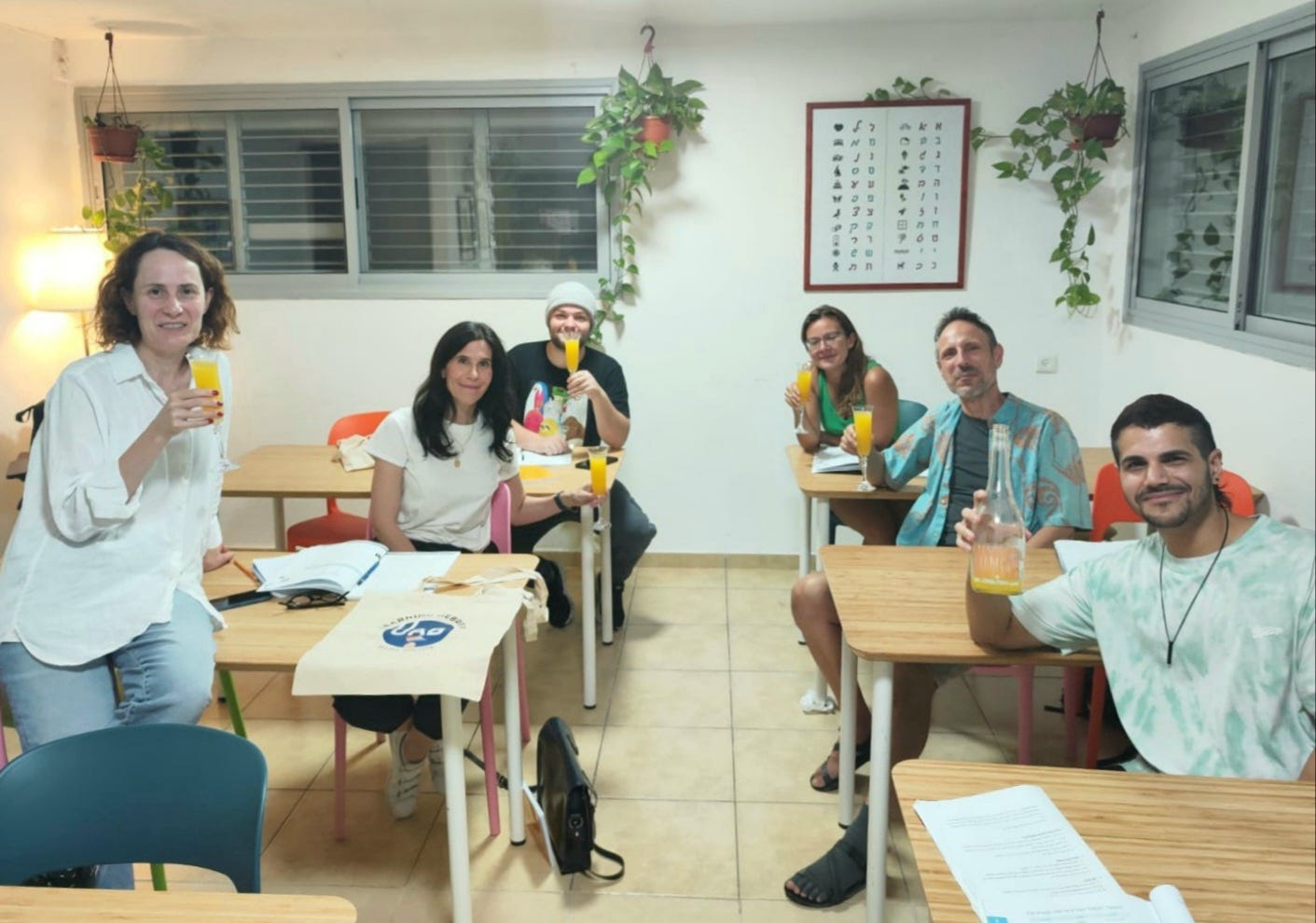Tel Aviv continues to operate at 50-60%:
Coffee stand and cafe nearest my place have been closed for the duration (haven't checked the pizza place yet)
The corner store, pet shop and shawarma stand nearest my place are open
The Yoga/Pilates studio is running at half-schedule
Most cafes are open
Citizen involvement in supporting the Israeli Army is visible in different ways. A big one is donating supplies, and not just cookies. Because reservists are, by head count, a large percentage of the army, when they are called up there isn't sufficient equipment. An example from a friend on active duty on the Lebanon border:
I poop in chemical bathrooms and people barely had mattresses or tents to sleep in until a few days ago, but we have a fully equipped gym.
The gym, I believe, was donated.
In the American press I saw a piece about an American from Maryland who came back to Israel at the outbreak to join his army unit and was killed in a Hezbollah strike on the Lebanon border. This masks reality: Soldiers are dying every day.
I have noticed, over decades, how places like Gaza have constant, ongoing military activity. When I am here it is visible. I depart and it disappears from my view. Usually it is talked about. When something goes wrong (e.g. soldiers are wounded or killed in an operation) it makes the Israeli news.
In the current situation, there have been operations in Gaza since the first day. Ground incursions. Soldiers dying. The radio announces names. Documentaries about some of them surface.
A Back Story
Kibbutz Gadot (in Hebrew and English)
My father's closest friend, Victor Friedman, whom I refer to as my uncle, lived his adult life on Gadot. We visited many times over the years. (And Victor visited us in California and Seattle when he passed through.)
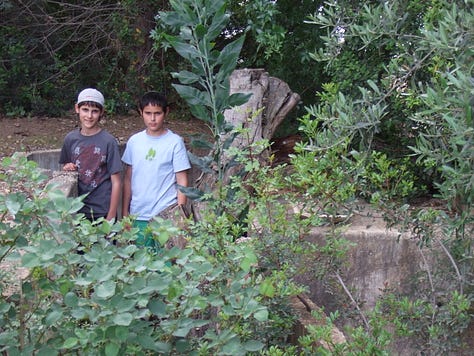
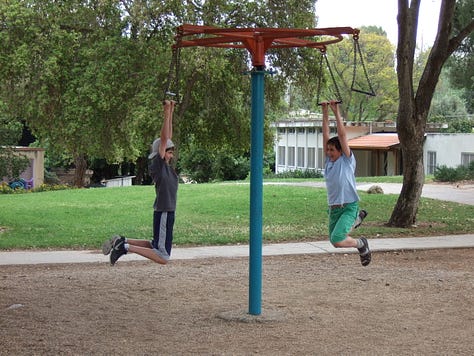
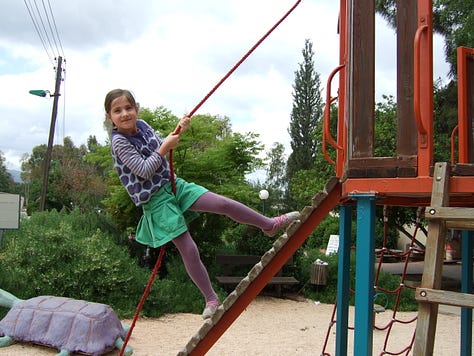
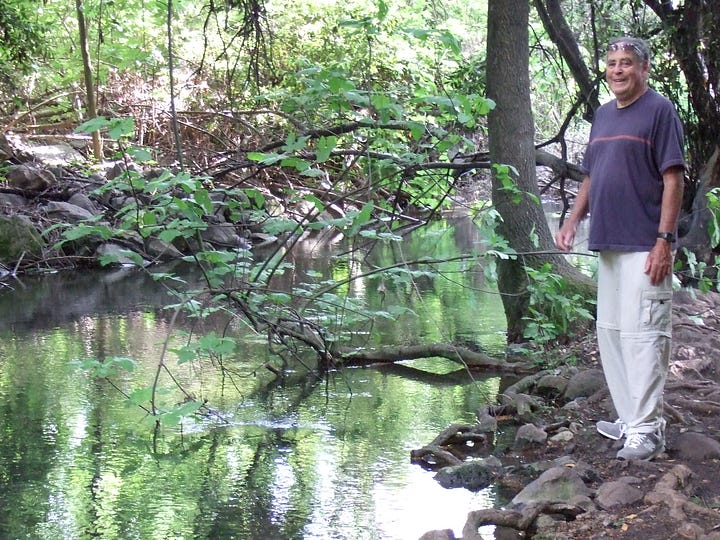
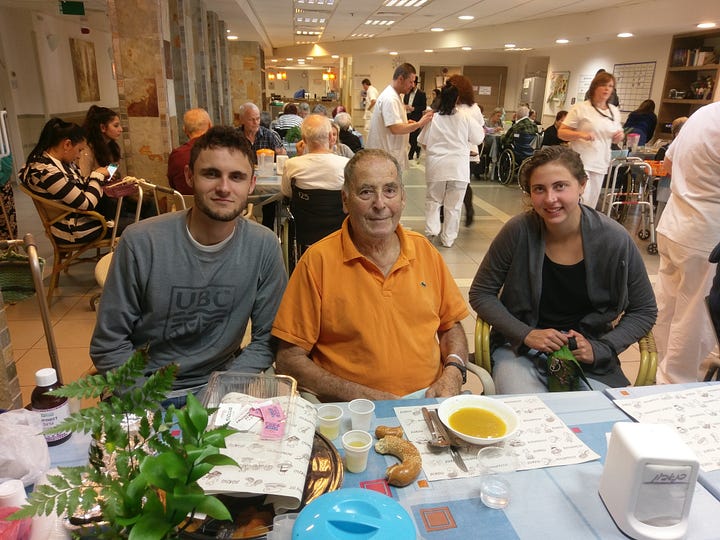
(My earlier writing about Victor.)
On a visit to Gadot in the mid 1990's, before I had kids, we drove around the Golan, bought Druze baklava and visited some nearby kibbutzim. One had a war memorial to soldiers from the region's kibbutzim. Victor observed, "These guys are the best ones." He knew many of them. (There are only so many kibbutznikim up there.)
This is testament to how Israeli military units work as cohesive wholes. A recent "note from the front" discusses this:
In our unit, there are no commanders or orders, only brothers. We are united and the good that is revealed within the platoon is moving. Know that we care and care for each other, do the same at home.
A sense of powerlessness is pervasive, among soldiers and civilians. Everyone is deeply hurt. Everyone wants to help, to regain a sense of center. The writings of Thomas Friedman and Yuval Harari speak to what moves up high: Wind, clouds, heavenly (political) bodies. On the ground it is pain, and for soldiers a desire to defend.
Relocated Israelis
The volunteer-run kids program at the hotels in Jerusalem is being taken over by the Ministry of Education. The volunteers will be around for a few more days. From today:
Relief Area
Alef
Street Sign in Jerusalem
Bet
What first day of in person classes looks like in a Tel Aviv Hebrew School
I don't recall alcohol in the classrooms at Middlebury... hmmm...
That is the news for the day.
Raf
